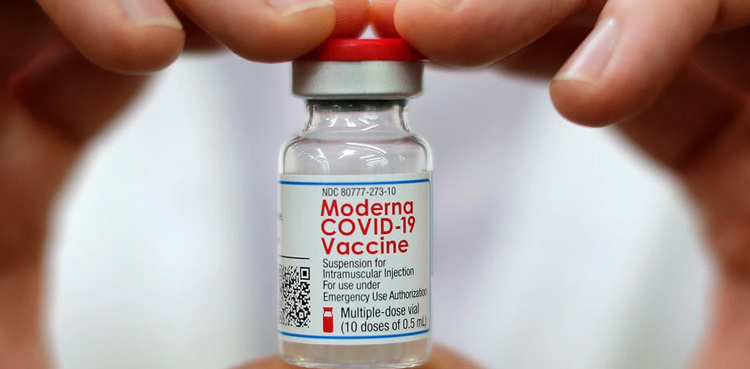Roughly one in every 100 patients hospitalized with COVID-19 will likely have central nervous system complications, researchers reported this week at the annual meeting of the Radiological Society of North America.
Among nearly 38,000 patients hospitalized with COVID-19 in the United States and Europe, symptoms led doctors to suspect brain complications in about 11%.
Magnetic resonance imaging (MRI) and computed tomography (CT) exams confirmed central nervous system abnormalities that were most likely associated with the virus in 10% of those patients, for an overall incidence of 1.2%.
The most common finding was stroke due to clogged arteries, but the researchers also saw bleeding in the brain, inflammation of the brain, and other potentially fatal complications. Study leader Dr. Scott Faro of Thomas Jefferson University in Philadelphia said in a statement that while the lung problems related to COVID-19 are well recognized, “Our study shows that central nervous system complications represent a significant cause of morbidity and mortality in this devastating pandemic.”

Moderna vaccine effectiveness not limited to clinical trials
Moderna’s mRNA COVID-19 vaccine is proving effective in the real world, according to doctors at Kaiser Permanente in California who have been tracking nearly 706,000 adults, half of whom had received the vaccine.
Five months after the second dose, the vaccine was still 87% effective against SARS-CoV-2 infection, 96% effective against COVID-19 hospitalization, and 98% effective against COVID-19 death, researchers reported in The Lancet Regional Health – Americas.
Despite a wide range of chronic diseases among those in the study, the vaccine’s effectiveness against infection ranged from 83% to 92% across age, sex, racial, and ethnic subgroups, researchers said.
Immunologist E. John Wherry of the University of Pennsylvania, who was not involved in the Kaiser study, said it is “highly unlikely” that the Omicron variant of the virus can completely evade all of the immune defenses induced by the vaccines and that current boosters will likely “provide increased protection against this variant.”









